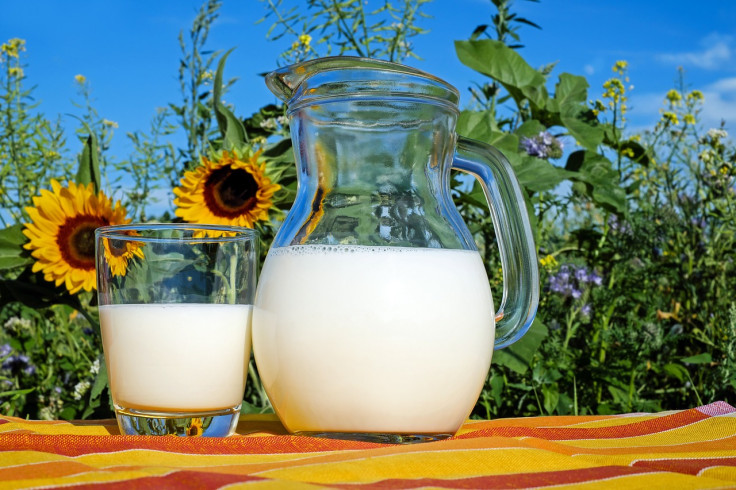Campylobacter Outbreak In Utah: Know All About The Infection Associated With Raw Milk

Health authorities in Utah have issued a warning about an outbreak of Campylobacteriosis after the infection associated with drinking raw milk left at least 14 people sick in the state.
The affected people were between the ages of two to 73. A person who was earlier hospitalized is recovering at home. Health officials are investigating the source of milk that has caused the illness.
"To date, the Salt Lake County Health Department (SLCoHD) has identified 10 people in the county with campylobacteriosis, an illness caused by the bacterium Campylobacter. Eight of the 10 people infected confirmed that they drank raw milk prior to their illness. Health officials in other areas of the state have identified an additional four people infected — all of whom drank raw milk — for a statewide total of 14 people with campylobacteriosis, 12 of whom have confirmed raw milk consumption," the Salt Lake County Health Department said in a news release.
Campylobacteriosis is a zoonotic infection caused by Campylobacter bacteria, transmitted to humans from contaminated food and water. It is the most common bacterial cause of human gastroenteritis in the world and affects around 1.3 million people in the U.S. every year.
Consuming thoroughly cooked food and pasteurized milk can eliminate the bacteria responsible for the infection. Milk contaminated with bacteria does not smell or look any different from uncontaminated raw milk.
"Public health officials warn that drinking raw milk may be dangerous and advise Utahns to consume only dairy products that have been pasteurized to kill harmful bacteria," the department said.
Utah has reported 25 outbreaks of Campylobacter infection associated with raw milk consumption since 2009.
Signs of Campylobacteriosis
Symptoms of the infection include stomach cramps, diarrhea, nausea and vomiting, fever and headaches. The signs appear around a week after the infection and they may last for about three to six days.
The infection is rarely fatal, but some people may have complications such as bacteremia (bacteria in the blood), hepatitis, pancreatitis and miscarriage. In rare cases, the illness may lead to reactive arthritis (joint inflammation and pain that lasts for months), Guillain-Barré syndrome (a rare disorder that can result in paralysis) and Erythema nodosum (a painful infection that causes red bumps on the skin).
Young children, the elderly and those with serious conditions such as AIDS are at higher risk of developing complications.
Prevention
- Wash hands before and after touching raw meat
- Store uncooked meat and poultry separately
- Cook meat and poultry thoroughly
- Avoid drinking unpasteurized milk
- Wash hands after touching pets, or animal waste
- Drink water from safe sources
Treatment
Treatment generally involves electrolyte replacement and rehydration. In some cases, antibiotics may be prescribed to speed up recovery.



























